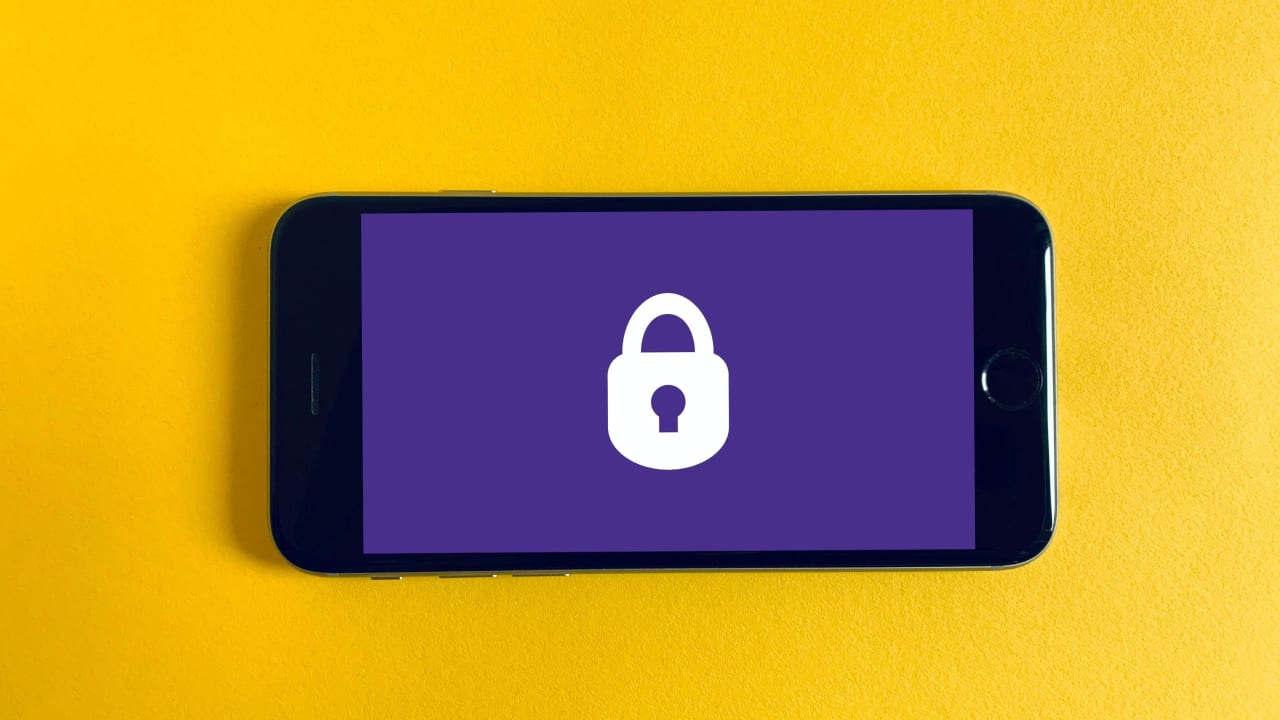Protecting Your Startup: The Importance of Cyber Security

In today’s increasingly digital world, cyber security has become a necessity for businesses of all sizes, including startups. With the rise of cyber attacks and data breaches, entrepreneurs cannot afford to ignore the importance of cybersecurity. In this blog post, we will explore the importance of cyber security for your startup and provide you with tips and strategies to protect your business.
As a startup, you may be focusing more on developing your product, marketing, and building your team. However, one critical aspect that should not be overlooked is cybersecurity. Cybersecurity is the practice of protecting computer systems and networks from theft, damage, or unauthorized access. In this digital age, cybersecurity is more important than ever before, especially for startups that hold valuable data and intellectual property.

The Threat Landscape
The threat landscape for cyber attacks is constantly evolving, with new threats emerging every day. Cyber attacks can come in the form of malware, ransomware, phishing attacks, social engineering, and more. Market research shows that startups are often the preferred target for cyber attackers since they may have weak security measures in place.
Ransomware attacks are a growing concern for startups. These attacks involve an attacker infiltrating your computer network and encrypting files or data until a ransom is paid. Such attacks can result in a loss of sensitive data, downtime, and a loss of reputation.
Read also: Great Cyber Security Team Names Ideas to Know
Legal Implications
Startups also need to be aware of the legal implications of a cyber attack. In most cases, a startup could be held liable if they fail to prevent a cyber attack that results in the theft of sensitive information or data.
The loss of financial data, client information, and other important data can cause long-lasting damage to a startup’s reputation. In certain jurisdictions, startups can even face legal action and financial penalties for data breaches.
Building a Security-First Mentality
Entrepreneurs who start their ventures with a security-first mentality are more likely to protect their businesses from cyber attacks. Building a security-first culture requires a strong commitment from top management and employees.
Startups need to foster a culture of risk awareness, where employees are trained to recognize potential cyber threats and report them to management. Maintaining a security-first culture can also involve regular audits, vulnerability scans, and penetration testing.
Investing in Cyber Security
Investing in cybersecurity is essential for startups. A startup must allocate a budget to improve its cybersecurity posture. Startups should invest in securing their networks and securing sensitive information. This may include using firewalls, email filtering, and other security software to protect networks.
Investing in employee awareness training programs can also help employees better identify phishing emails and malicious links. Furthermore, startups should also implement two-factor authentication protocols, regularly update all software, and keep anti-malware programs up to date.
Outsourcing Cyber Security
Startups may not have the budget or resources to manage their cybersecurity themselves. Outsourcing cybersecurity can help startups gain access to skills and resources that they lack internally. This can include hiring a managed service provider (MSP) to manage cybersecurity, cloud IT services, or even hiring cybersecurity consultants.
Outsourcing cybersecurity can help startups be more cost-effective by not having to hire a full-time cybersecurity team, network infrastructure, or software solutions.
Read also: Creative Cyber Security Slogans and Taglines That Will Surprise You
Threat Intelligence
Startups can use threat intelligence services to help identify potential threats and vulnerabilities in their networks. Cybersecurity information sharing can help startups stay up-to-date with the latest threats and solutions to protect against them in real-time. Threat intelligence solutions can provide insights into potential threats and best practices for mitigating such threats.
Develop Incident Response Plans
Startups should have an incident response plan in place in case a cyber attack does occur. An incident response plan can help a startup quickly respond to breaches, report the attack to authorities, and minimize the damage from the attack.
An incident response team should be established to handle responses to cyber attacks. Regular training of the incident response team in responding to incidents is necessary for their preparedness in the event of a cyber attack.
Applying Security by Design
Startups should prioritize security within the software development lifecycle. Security should be considered at every step of the software development and deployment process. This approach is called Security by Design.
Startups should follow Secure Development Life Cycle (SDLC) to ensure that security requirements are considered from inception till deployment. This ensures that security risks are identified early on, and security is baked in from the ground up.
Read also: The Best Hackathon Team Names Ideas
Conclusion
In conclusion, cybersecurity is essential for all businesses, including startups. The consequences of a security breach can be severe for a startup, including legal action and financial penalties. By investing in cybersecurity, creating a security-first culture, and outsourcing cybersecurity to an MSP, startups can prevent cyber attacks and protect their businesses. Follow the tips and strategies outlined in this post, and your startup will be better equipped to tackle any cybersecurity challenges in the future.






